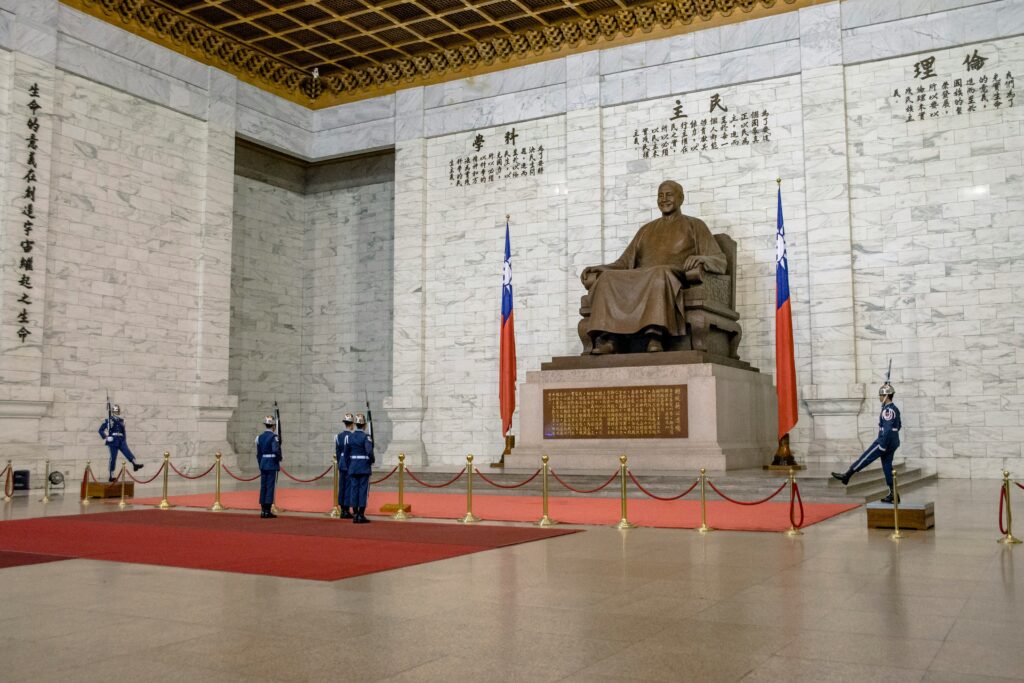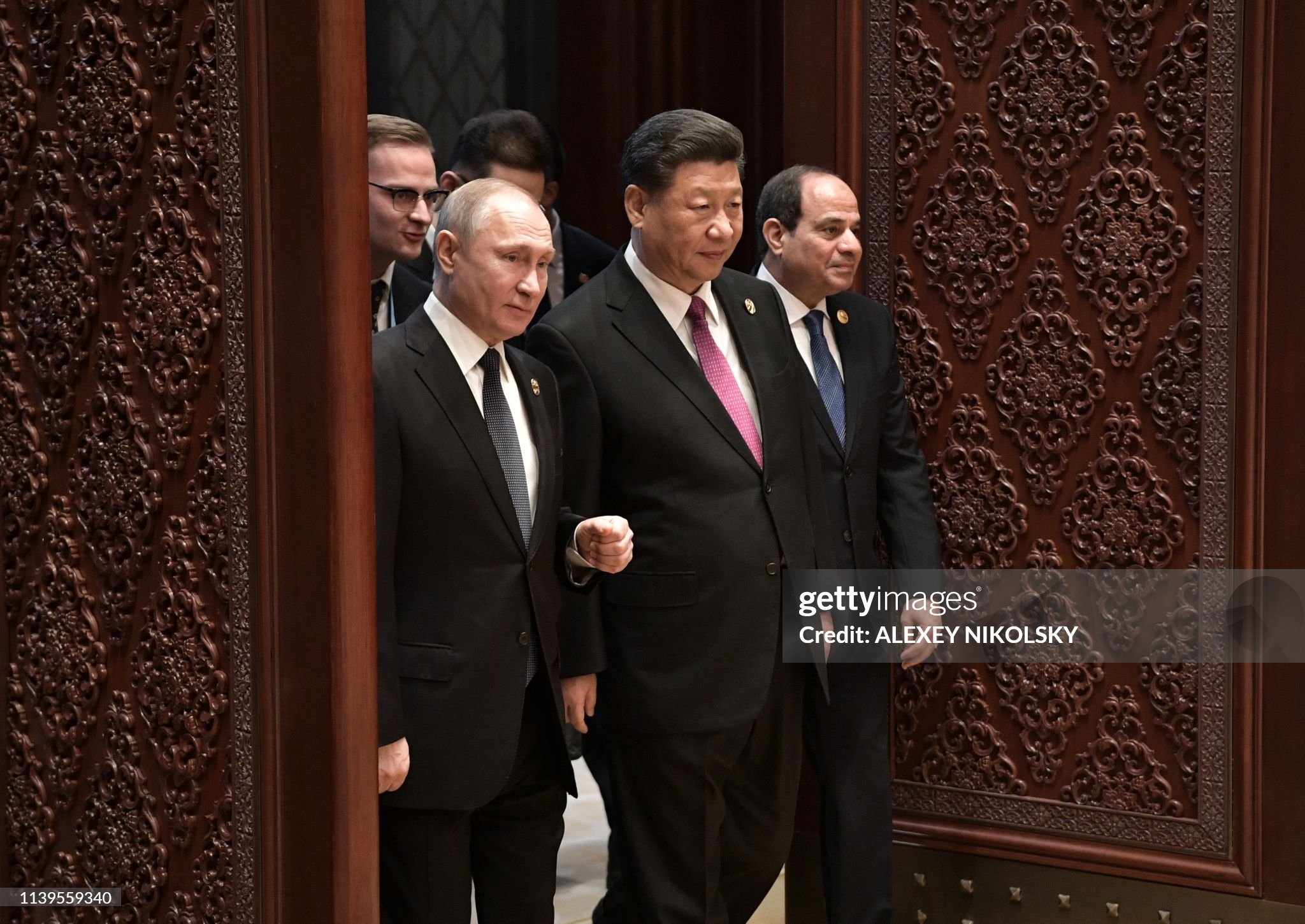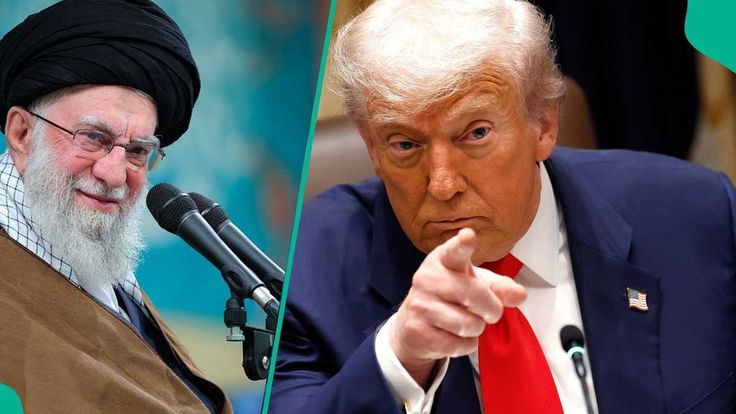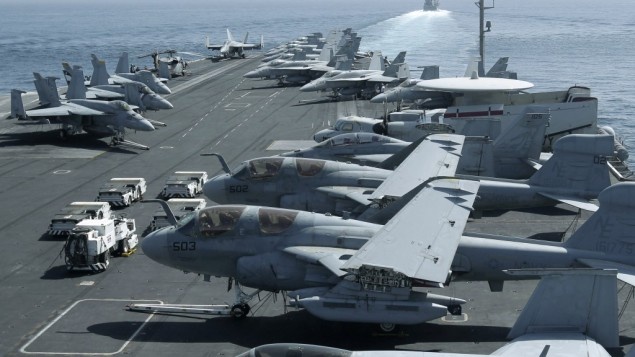Russian President Vladimir Putin has described his relationship with Chinese President Xi Jinping as reaching an “unprecedented level,” highlighting the deepening partnership between Moscow and Beijing. The meeting took place in Beijing on the eve of China’s largest military parade in history, marking the 80th anniversary of the surrender of Japanese forces in World War Two.

The statement underscores a growing alliance between two of the world’s most powerful nations at a time of geopolitical tension, economic sanctions, and military conflict in Ukraine.
A Symbolic Meeting of Allies
During the talks, Putin praised Xi as a “dear friend” and emphasized that Russia–China relations now stand as an example of international cooperation. Chinese state media echoed the sentiment, calling the partnership “exemplary” and vital for the global balance of power.
Key announcements included:
- Russia pledging to increase natural gas supplies to China.
- Beijing offering visa-free travel for Russians during a one-year trial program.
- Strengthened military, diplomatic, and economic coordination.
The meeting was widely seen as a message to Western powers that Moscow and Beijing are prepared to coordinate more closely in global affairs.
Energy and Economic Cooperation
Energy is at the heart of the Putin unprecedented ties with China. With Europe reducing its dependence on Russian gas due to the Ukraine war, Moscow has redirected its exports to Asia, particularly China.
- Russia is already China’s largest oil supplier.
- Natural gas exports are expected to expand through new pipeline projects.
- Trade between Russia and China reached record highs in 2024, surpassing $240 billion.
This economic interdependence provides Russia with a vital lifeline against Western sanctions while helping China secure stable energy supplies.
Visa-Free Travel: A Symbolic Gesture
Beijing announced that Russian citizens will enjoy visa-free travel to China for one year on a trial basis. Analysts see this as both a symbolic gesture of goodwill and a practical step to boost tourism, business ties, and people-to-people exchanges.
The move also demonstrates how deeply integrated the two nations aim to become, not just diplomatically but socially.
Military Significance of the Visit
The timing of the talks adds to their significance. Xi Jinping is preparing to host China’s largest-ever military parade to commemorate the defeat of Japan at the end of World War Two.
- Thousands of troops, tanks, and missiles will be showcased in Beijing.
- Putin’s presence reinforces military solidarity between Russia and China.
- The event is also expected to welcome North Korea’s Kim Jong Un, signaling a united front among nations challenging Western policies.
The military display is as much about historical remembrance as it is a message of modern strategic alignment.
Ukraine War and Global Implications
The Putin unprecedented ties with China also carry direct implications for the ongoing Ukraine conflict. Western governments accuse Beijing of quietly supporting Russia by boosting trade and supplying technology, even if China stops short of providing direct military aid.
- The West fears China–Russia cooperation could prolong the Ukraine war.
- China’s diplomatic stance remains officially neutral but leans toward Moscow.
- The meeting signals Beijing’s readiness to resist Western pressure while supporting Russia strategically.
This alignment is part of a broader effort to counterbalance the United States and its allies in global geopolitics.
Xi, Putin, and Kim Jong Un: A New Bloc?
Reports suggest that Xi Jinping is also preparing to welcome North Korean leader Kim Jong Un in the coming days. This sequence of high-profile meetings appears to signal:
- A show of solidarity among Russia, China, and North Korea.
- A rejection of Western sanctions and international isolation strategies.
- A push for a multipolar world order where Western influence is diluted.
The symbolism of these meetings—coming back-to-back—will not go unnoticed in Washington, Brussels, or Tokyo.
Reactions from the West
Western governments have reacted cautiously but with concern to the strengthening Russia–China partnership.
- The United States reiterated that China should avoid “helping Russia circumvent sanctions.”
- European leaders expressed unease about the strategic depth of the partnership.
- Japan closely monitors the developments, especially with military displays near its region.
Diplomatic experts suggest the West may respond with tightened sanctions, expanded alliances in the Indo-Pacific, and efforts to strengthen NATO’s role in global security.
Conclusion: A Strategic Turning Point
The Putin unprecedented ties with China announcement represents more than warm words—it marks a decisive moment in global geopolitics. As Russia faces isolation from the West, its embrace of China grows stronger, and Xi Jinping appears eager to use this momentum to challenge the existing international order.
With military parades, energy deals, and political symbolism, the Beijing talks underscore how deeply intertwined the two countries have become. For the rest of the world, this partnership signals a future where Russia and China act in closer coordination—reshaping international diplomacy for years to come.
Related Reading
📌 Source: BBC



